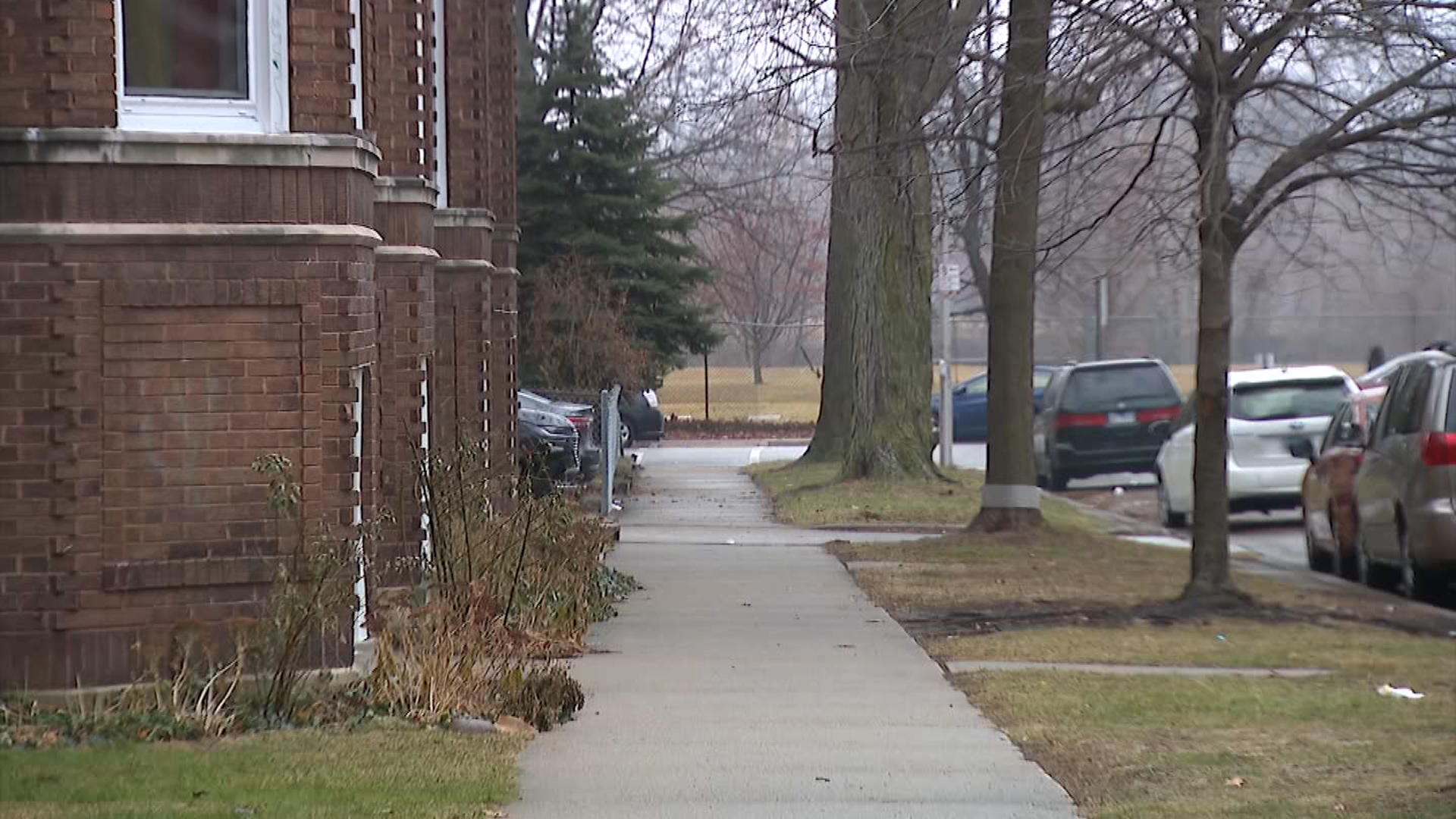
Applications are now being accepted for a series of grants aimed at helping Illinois businesses hit hard by both the coronavirus pandemic and civil unrest that left many stores damaged.
The Business Interruption and Rebuild Distressed Communities grants, which total $85 million, will aim to bring relief to thousands of businesses affected by the ongoing pandemic, according to Illinois Gov. J.B. Pritzker and the Department of Commerce and Economic Opportunity.
“This virus has had devastating effects on the health and livelihoods of our residents, and we must take aggressive action to help our families and communities recover,” Pritzker said in a statement. “As our small businesses reopen their doors, these grant programs will provide critical support to allow them to safely expand their operations."
The first round of the new business interruption grants program will include $60 million given to 3,500 businesses "that experienced losses or business interruption because they closed or severely restricted their operations as a result of COVID-19," according to DCEO. Businesses eligible for the grant include restaurants, bars, barbershops, salons, and health and fitness centers. Businesses which have had reports of recent property damage due to civil unrest can also apply.
For the first wave of funding, businesses that "experienced extreme hardship, demonstrated by losses in excess of the grant amount since March" will be prioritized. In order to be considered, businesses must also have been in operation for at least three months prior to March 2020.
The grants will range between $10,000 and $20,000, depending on business type and other eligibility criteria. Applications are due by July 7.
The Rebuild Distressed Communities grants will center on businesses that "sustained property damage as a result of civil unrest during protest and demonstrations on or after May 25, 2020."
Local
The grants will reimburse the costs to repair structural damages, such as those to storefronts and entrances, improving electrical systems, and restoring exterior work. Small businesses, women and minority-owned businesses, underinsured or uninsured businesses, businesses that have a high community impact – such as grocery stores – and businesses in communities that have experienced historic disinvestment will be prioritized for these grants.



